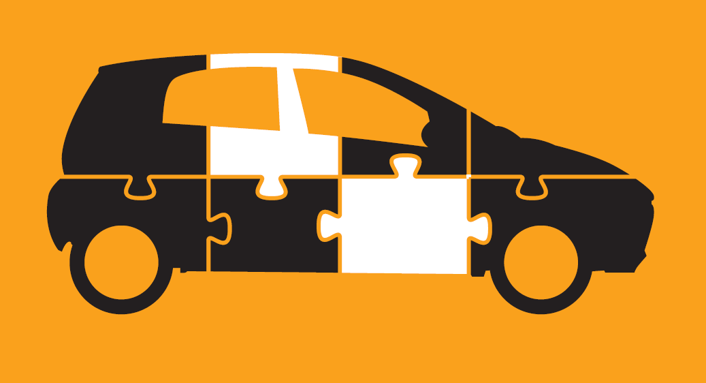
Consumerism in 2030
•
The reduction in the spending power of the middle class will result in a type of shopping that favours low-cost products and own brands, leaving very few circumstances in which consumers are prepared to pay more for premium value.
•
This type of consumerism turns out to be problematic when buying things becomes a substitution for other parts of life, such as relationships with other people or enjoying the simple things.
•
Perhaps we buy more than we physiologically need to fill a spiritual gap. Where have we come from? And where are we going? These are questions that are too complex, so I distract myself from being unable to answer them by buying things.
•
Beyond the effects of the economic recession, we are currently in the middle of the process of de-greasing ourselves from the nouveau riche consumerism produced in Spain during the boom years of economic growth and the availability of practically unlimited credit.
•
It’s difficult to determine where consuming ends and over-consuming begins. Consumerism is essential for society, but over-consuming carries dangerous factors that can even spell its own end. Over-consuming is consuming purely for its own sake.
•
The current trend for over-consuming is seen as a reaction to centuries of deprivation, and even of hunger and misery. Perhaps, when an advanced economy reaches a certain level of wellbeing, consumerism loses its momentum, but we cannot expect the same from emerging economies. The opposite is more likely.
•
The first initiatives of a sharing economy promote a system of access versus possession that could work towards a solution to the problem of over-consuming, by allowing our anxiety for acquiring novelties to be sated without the negative effect it has on our wallets or on the environment.
•
The increased transparency that we get today with the internet and social media favours the growing possibility to vote with our pockets, and to change the world by buying or choosing not to buy products, depending on the ethics of the companies that distribute them.
From our book: 30 ideas for 2030


